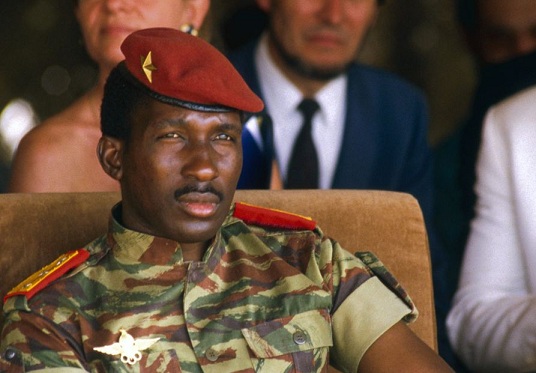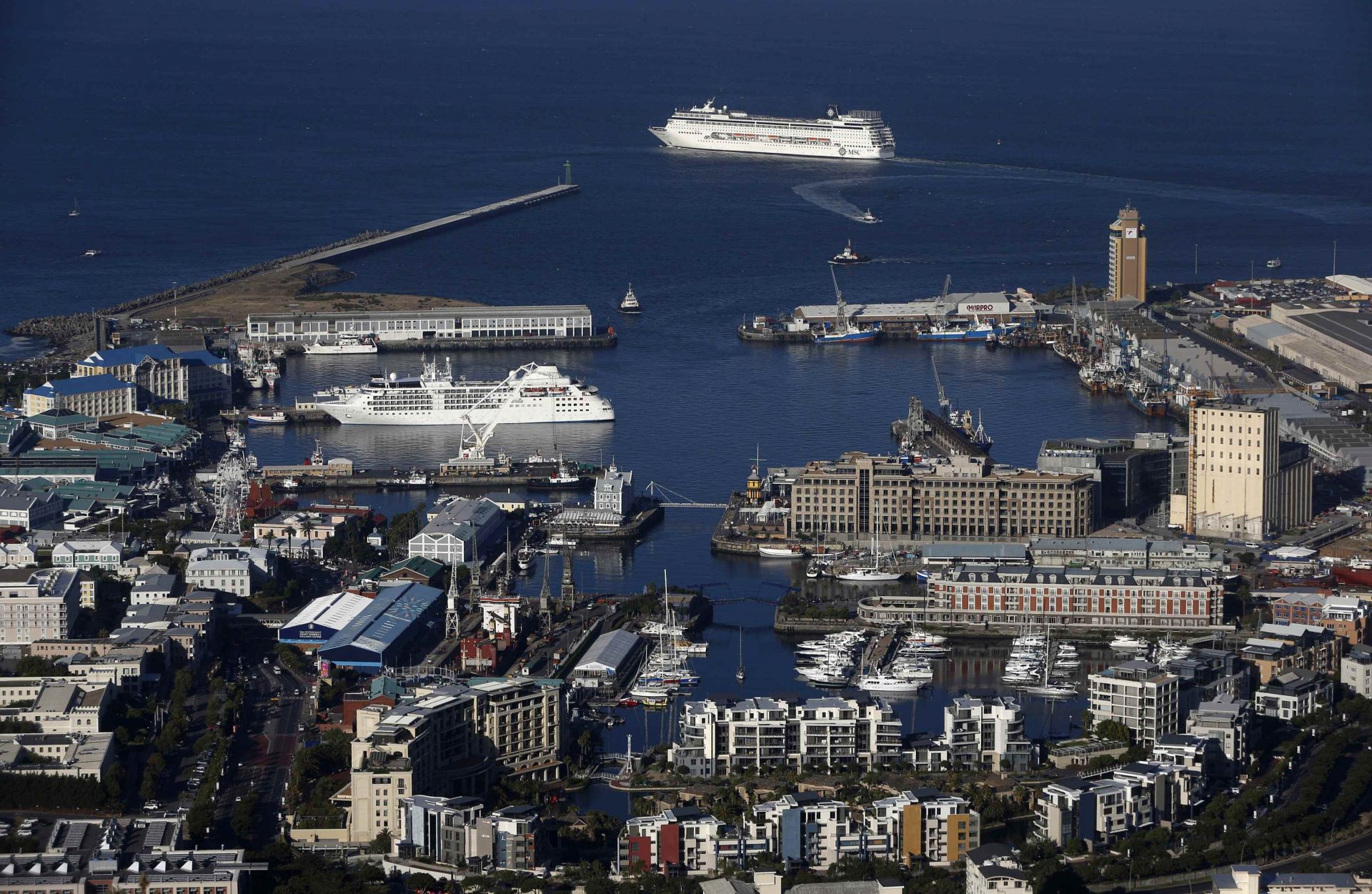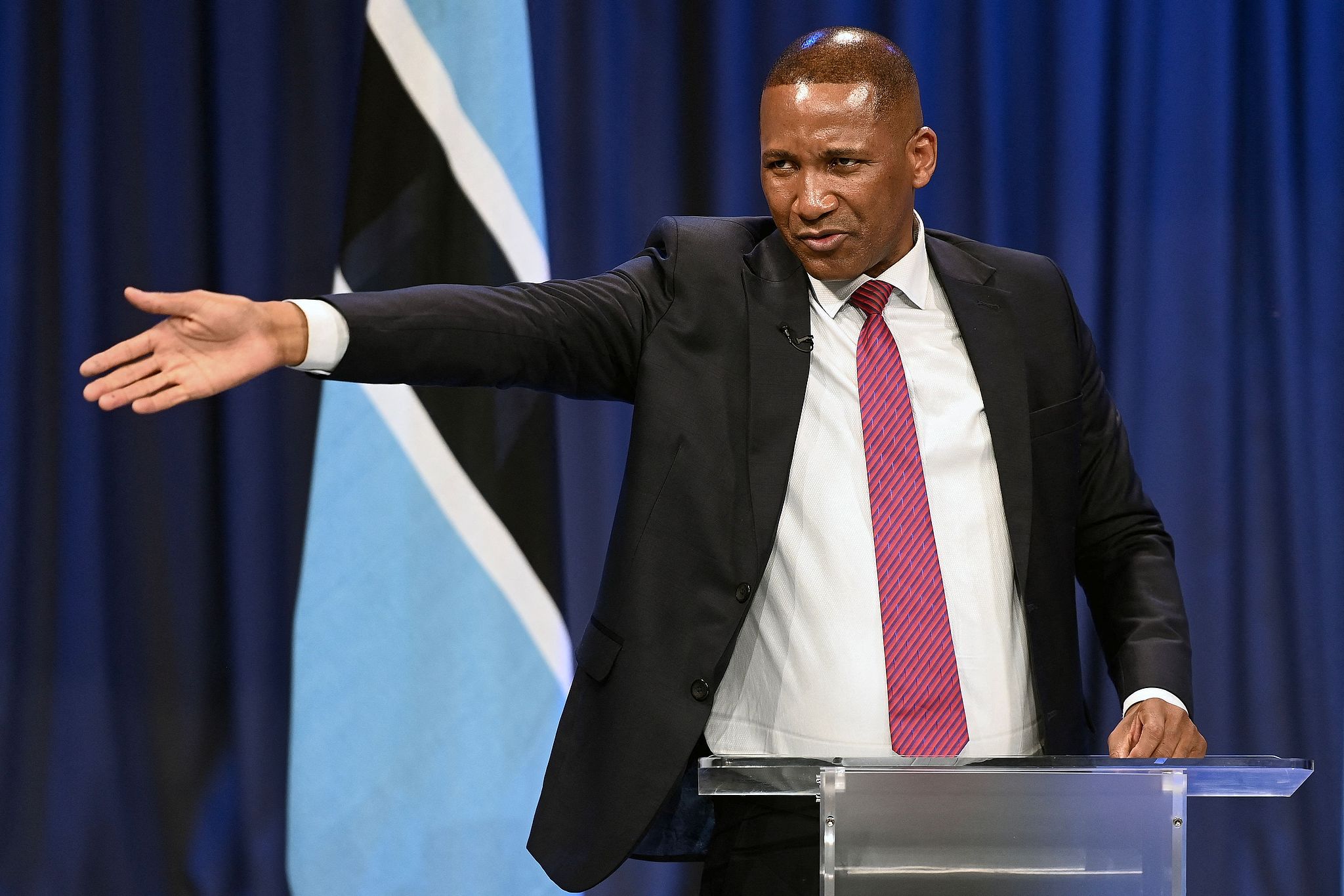
10 amazing facts about pan African icon Thomas Sankara

Former Burkina Faso President Thomas Isidore Noël Sankara, one of Africa’s most celebrated leaders, was killed in a military coup on 15 October 1987
The popular leader commonly referred to as “Africa’s Che Guevara” is credited with laying the foundation for Burkina Faso’s ambitious drive for democratic, social and economic change.
Sankara ruled for only four years, but left a lasting legacy, one that is celebrated not only in Africa but the world at large.
The military captain turned pan-Africanist seized power in a popularly-supported coup in 1983, aged just 33 years old.
Sankara’s main vision for the landlocked West African country was simple; eliminate corruption and end the French dominance.
To begin the country’s new era, he renamed the country from the French colonial Upper Volta to Burkina Faso, meaning “Land of Upright Man.”
The pan Africanist’s political agenda was clear to see, but so was his vision in other sectors including health, environmental conservation, education, women empowerment and much more.
In one of his speeches, Sankara said “The enemies of a people are those who keep them in ignorance.”
So, 30 years on, why does the great Sankara’s name ring on every African’s mind?
Here’s 10 reasons why;
- Cheapest cars, little salary, no chauffeurs
Thomas Sankara, upon seizing power, immediately sold off the government’s fleet of Mercedes cars, replaced them with the ordinary Renault 5, which was then the cheapest car Burkina Faso. The Renault became the official service car for all government officers and ministers. Also, he reduced the salaries of all public servants, including his own, and forbade the use of government chauffeurs and 1st class airline tickets.
Worth noting, as President, he lowered his salary to $450 a month and limited his possessions to a car, four bikes, three guitars, a fridge and a broken freezer.

- Composer of national anthem
Sankara might be the only leader worldwide to have written their country’s national anthem. As An accomplished guitarist, the president composed the anthem and gave it its tune.
- Stopped foreign aid
Sankara put an end to foreign aid to his country, saying it was a means by the first world to control poor nations. This however, did not come without a plan. He went ahead to reclaim land from the feudal landlords, and distributed it directly to the peasants. Wheat production in the country rose in three years from 1700 kg per hectare to 3800 kg per hectare, making the country food self-sufficient.
- Health superman
The African Che Guevara, once in power, vaccinated 2.5 million children against meningitis, yellow fever and measles in a matter of weeks. Well, if ensuring food sufficiency and good health for your country doesn’t make you a hero, what will?
- Environmental conservation
Sankara also planted over 10 million trees to halt the growing desertification of the Sahel. It is just now that African states are planning to begin an ambitious Great Green Wall project, which will see the growth of an 8,000km natural wonder of the world across the entire width of Africa.
- Women empowerment
The popular pan Africanist outlawed female genital mutilation, forced marriages and polygamy in support of Women’s rights. Hefty fines and punishments were put in place to ensure women’s rights were protected. Sankara also appointed women to high governmental positions, encouraged them to work, recruited them into the military, and granted pregnancy leave during education.
- Women-only presidential guard
Sankara, a motorcyclist himself, formed an all-women motorcycle personal guard. The women travelled with him wherever he went across the country.
- No portrait in public places and government offices
The former president also declined to have his portrait hung in public places and government offices as is the norm with African leaders. His argument was that there were millions of Sankara’s out there who also wanted their portraits on walls, but did not hung them.
- He refused to use the air conditioning in his office on the grounds that such luxury was not available to anyone but a handful of Burkinabes.
- He was a staunch campaigner for the unity of Africa. He urged other leaders on the continent to stop receiving foreign aid, saying it was a way of neo-colonizing them.






